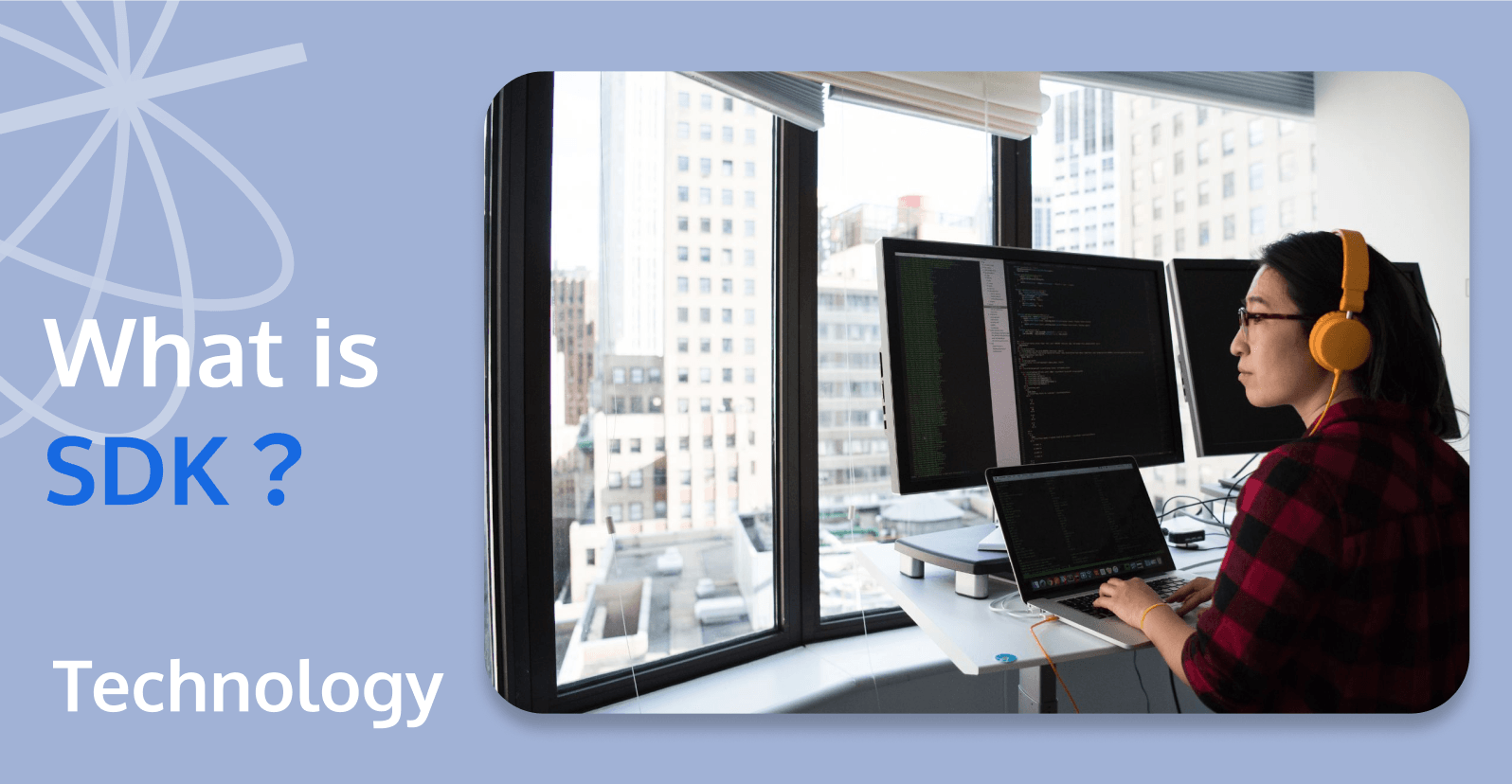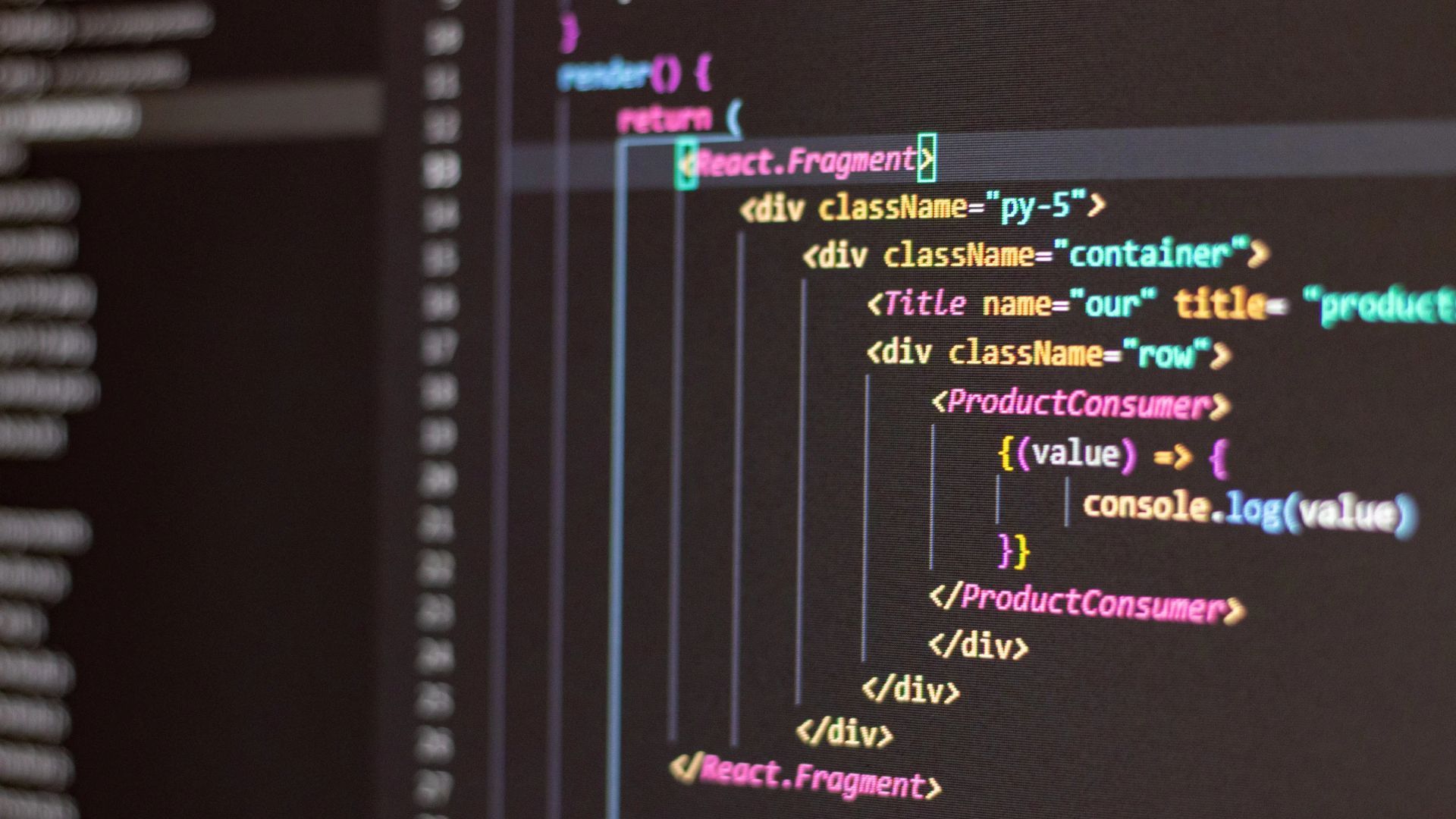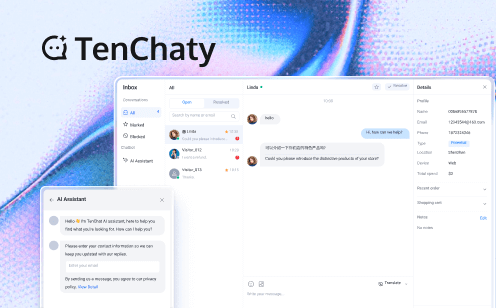
Have you ever wondered how developers create applications that seamlessly integrate with various platforms and services? The answer often lies in a powerful tool called an SDK (Software Development Kit). SDKs are the unsung heroes of the digital world, enabling developers to build robust applications efficiently. This comprehensive guide will demystify SDKs, exploring their significance in modern software development and how they streamline the creation of feature-rich applications across multiple platforms, including iOS and Android.
What is SDK?
An SDK, or Software Development Kit, is a collection of software development tools, libraries, documentation, code samples, processes, and guides that allow developers to create software applications on a specific platform. SDKs are designed to be used for specific platforms or programming languages, such as iOS, Android, Java, or .NET.
The concept of SDKs emerged in the 1980s as personal computing began to take off. As software became more complex and platforms more diverse, the need for standardized development tools grew. Today, SDKs play a crucial role in the tech industry, serving as the foundation for app development across various devices and operating systems.

How Does an SDK Work?
At its core, an SDK works by providing a set of pre-built components and tools that developers can use to create applications more efficiently. Here's a breakdown of how SDKs typically function:
- Libraries and APIs: SDKs include pre-written code libraries and Application Programming Interfaces (APIs) that developers can integrate into their applications.
- Documentation: Comprehensive guides and reference materials help developers understand how to use the SDK effectively.
- Code Samples: Example code snippets demonstrate how to implement specific features or functionalities.
- Development Tools: IDEs, debuggers, and other utilities aid in the coding and testing process.
- Build Tools: These help compile and package the application for distribution.
To illustrate, imagine building a house. An SDK is like having a pre-fabricated kit with walls, roof components, and detailed instructions. Instead of creating everything from scratch, you can use these components to build your house faster and more efficiently.
Applications and Use Cases
SDKs are used across various domains in software development:
- Mobile App Development: iOS and Android SDKs allow developers to create apps for these platforms.
- Game Development: Unity and Unreal Engine SDKs facilitate game creation across multiple platforms.
- Cloud Services: AWS, Google Cloud, and Azure provide SDKs for integrating their services into applications.
- Payment Processing: PayPal and Stripe offer SDKs for easy integration of payment features.
- Social Media Integration: Facebook, Twitter, and LinkedIn SDKs allow apps to connect with these platforms.
For example, a fitness app might use the Google Fit SDK to access health data, the Spotify SDK for music integration, and the Facebook SDK for social sharing features.
Advantages of SDK
SDKs offer numerous advantages over developing everything from scratch:
- Faster Development: Pre-built components significantly reduce development time.
- Consistency: SDKs ensure consistent implementation of platform-specific features.
- Reduced Errors: Well-tested SDK components are less likely to contain bugs.
- Access to Advanced Features: SDKs often provide access to complex platform capabilities that would be difficult to implement independently.
- Regular Updates: SDK providers typically offer updates to keep pace with platform changes and security requirements.
Compared to traditional methods, using SDKs can cut development time by up to 60% and reduce the likelihood of critical errors.
Challenges and Limitations
Despite their benefits, SDKs also present some challenges:
- Learning Curve: Each SDK has its own structure and conventions that developers must learn.
- Dependency: Applications become reliant on the SDK, which can be problematic if the SDK is discontinued or has major changes.
- Size and Performance: Incorporating multiple SDKs can increase app size and potentially impact performance.
- Compatibility Issues: Different versions of SDKs may not always be compatible with each other or with certain platforms.
- Limited Customization: Some SDKs may restrict the level of customization possible in certain features.
Future Trends and Developments
The future of SDKs looks promising, with several emerging trends:
- AI and Machine Learning Integration: More SDKs are incorporating AI capabilities, making it easier for developers to add intelligent features to their apps.
- Cross-Platform Development: SDKs that allow for simultaneous development across multiple platforms are gaining popularity.
- IoT and Edge Computing: As these technologies grow, specialized SDKs for IoT devices and edge computing are likely to emerge.
- Enhanced Security Features: With increasing concerns about data privacy, SDKs are expected to offer more robust security features out-of-the-box.
How to Implement SDKs with Tencent RTC
Tencent RTC offers a comprehensive suite of SDKs designed to integrate high-quality, real-time audio and video features into applications across various platforms. Here's an in-depth look at how to leverage Tencent RTC for your development needs.
Versatility and Comprehensive Solutions:
Tencent RTC provides a range of products tailored to different communication scenarios.
- Call: Perfect for small group interactions (up to 9 participants)
- Conference: Supports larger-scale video conferences (dozens to hundreds of participants)
- Live: Ideal for interactive live streaming in entertainment, gaming, e-commerce, and education
- Chat: Enables quick integration of various chat functionalities
- RTC Engine: Offers customizable underlying communication capabilities
- Beauty AR: Provides advanced video processing features
- GME (In-game voice chat): Delivers specialized audio solutions including 3D spatial audio
Cross-Platform Compatibility:
Tencent RTC SDKs seamlessly integrate with web, iOS, Android, and other major development frameworks, ensuring consistent performance across different platforms.
Implementation Steps:
a. Choose the Appropriate SDK:
- Select the SDK that best fits your project requirements (e.g., Call for small group chats, Conference for larger meetings).
b. Download and Integration:
- Download the chosen SDK from the Tencent RTC developer portal
- Add the SDK to your project following platform-specific guidelines
c. Initialization:
- Initialize the SDK in your application code
- Configure necessary parameters such as App ID and user authentication
d. Implement Core Features:
- Use the provided APIs to implement desired functionalities (e.g., joining a call, sharing screens, applying AR effects)
e. Testing and Optimization:
- Thoroughly test the integration across different devices and network conditions
- Utilize Tencent RTC's analytics tools to monitor performance and user experience
Advantages of Tencent RTC:
- Global Connectivity: Ensures seamless communication for users worldwide
- Scalability: From one-on-one calls to large-scale conferences and live broadcasts
- Rich Feature Set: Includes advanced capabilities like Beauty AR and 3D spatial audio
- Customizability: RTC Engine allows for tailored solutions based on specific business needs
- One-Stop Solution: Covers a wide range of communication scenarios within a single ecosystem
Comparison with Other Solutions:
While specific comparisons would depend on the exact use case, Tencent RTC generally offers:
- More comprehensive product range covering various scenarios
- Advanced features like Beauty AR and GME, which may not be available in all competing solutions
- Strong performance in challenging network conditions, particularly beneficial for global applications
- Seamless integration with other Tencent cloud services for expanded functionality
By leveraging Tencent RTC SDKs, developers can rapidly implement sophisticated real-time communication features, benefiting from a robust, scalable, and feature-rich platform. Whether you're building a simple video chat app or a complex live streaming platform, Tencent RTC provides the tools and flexibility to bring your vision to life efficiently.
Conclusion
SDKs are invaluable tools in modern software development, accelerating the creation of complex applications and ensuring consistency across platforms. By understanding what SDKs are and how they work, developers can leverage these powerful tools to create more sophisticated, efficient, and feature-rich applications. As technology continues to evolve, SDKs will undoubtedly play an increasingly crucial role in shaping the future of software development.
FAQs
1. Are SDKs only for mobile app development?
No, while SDKs are commonly associated with mobile development, they exist for various platforms including web, desktop, IoT devices, and more.
2. Can I use multiple SDKs in one project?
Yes, it's common to use multiple SDKs in a single project. However, care must be taken to manage potential conflicts and performance impacts.
3. Are SDKs free to use?
Many SDKs are free, especially those provided by platform owners like Google or Apple. However, some specialized SDKs may require licensing fees.
4. How often should I update the SDKs in my project?
It's generally recommended to keep SDKs up-to-date to benefit from the latest features, performance improvements, and security patches. However, always test thoroughly after updating to ensure compatibility.
If you have any questions or need assistance online, our support team is always ready to help. Please feel free to Contact us or join us on Telegram or Discord. For technical problems, you can also get help directly from developers on Stack Overflow.


